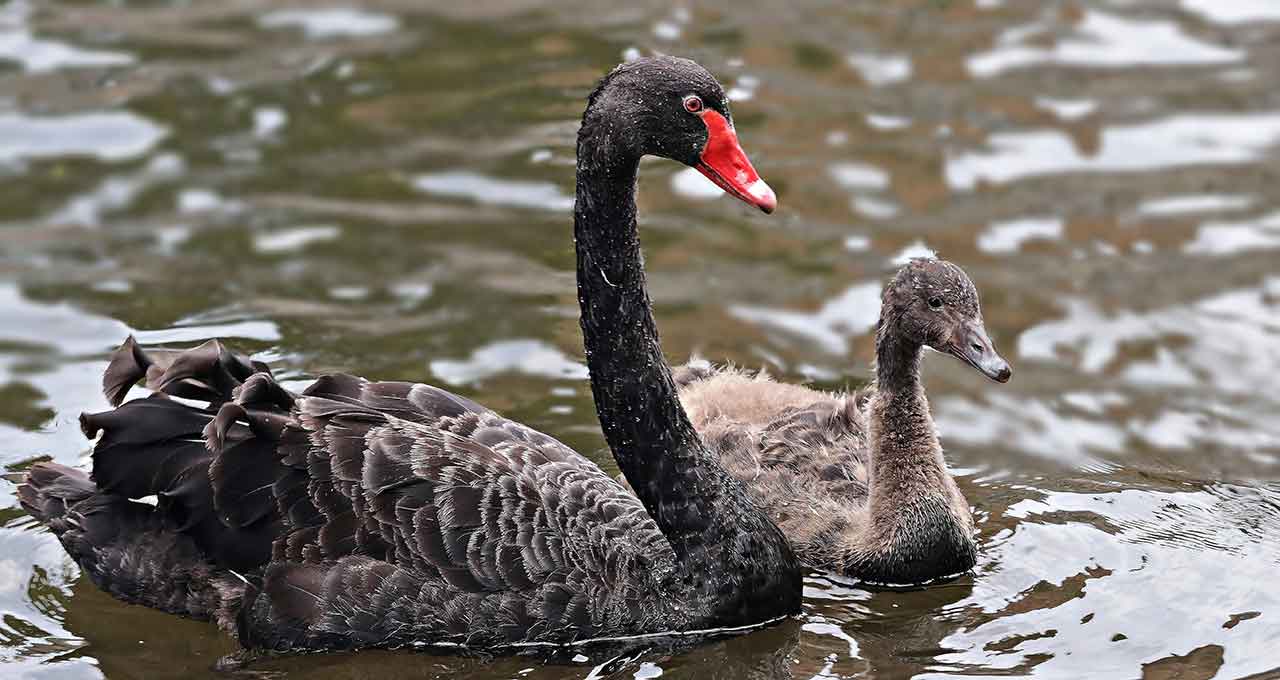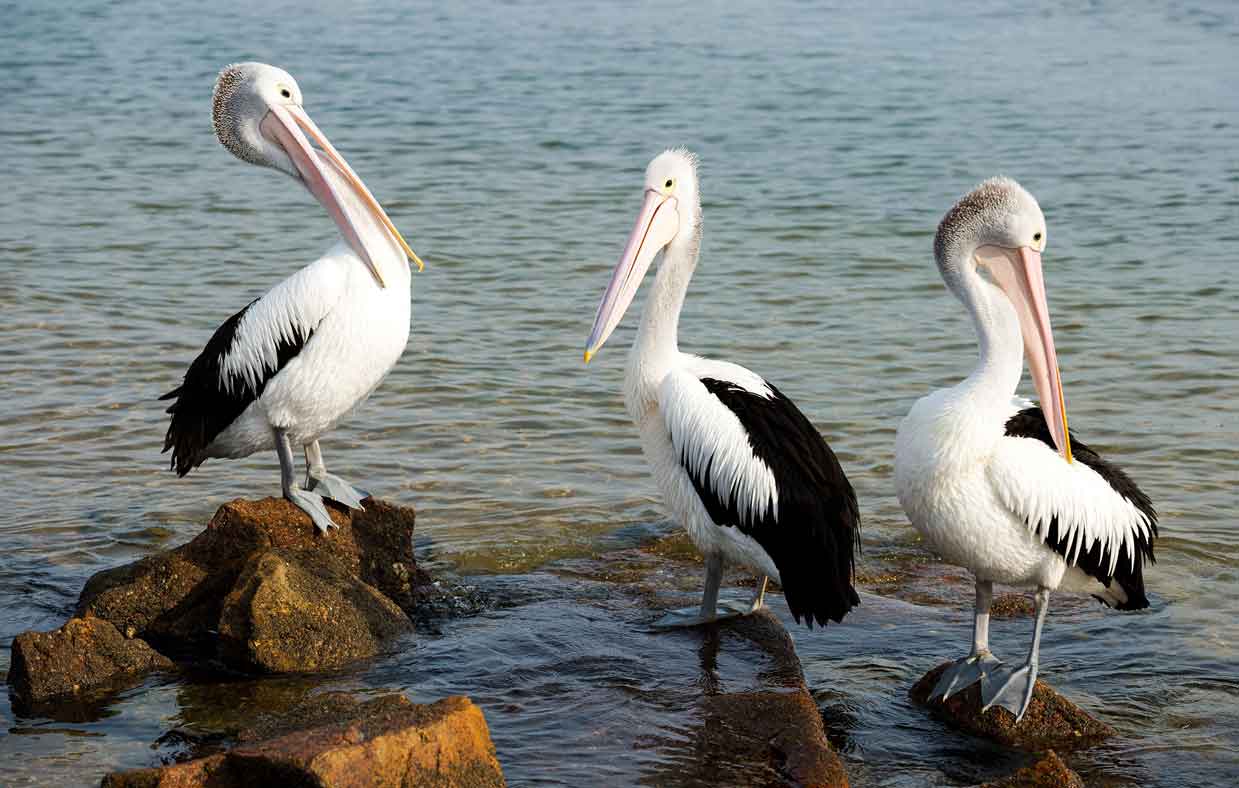Your Support Makes a Difference

The Importance of Support
We are delighted that you are considering supporting TVWC,, aiding our carers to raise orphaned animals and rehabilitate long term injured or sick animals and birds.
Your support represents an important conservation intervention for Australian wildlife, counteracting the habitat loss, disease and domestic animal attacks. Species diversity is also severely impacted as more and more species are classified endangered.
Supporters can assist in raising community responsibility and awareness towards our threatened native wildlife population, leading by example.
Who are our Supporters?
Supporters are very important to TVWC and are greatly valued. Many TVWC supporters are people who are unable to commit time to being active members and participating in the daily service of rescuing and transporting animals. They may also be people who may not live in the Tweed Shire.
Many supporters live interstate or overseas, work full-time, have family commitments or have transport or availability issues.
In 2020-21 we received 5,056 emergency hotline calls for animals in need and attended 3097 rescues of which 2096 were birds.
We receive more rescue requests for birds than any other species. Other species we receive rescue requests for include: possums, gliders, reptiles, snakes and lizards, echidnas, wallabies, kangaroos, platypuses, turtles, frogs, bats and flying foxes. Summer heatwaves require us to rescue sometimes hundreds of flying fox babies and juveniles from bat colonies. This results in many months of work for flying fox carers around Australia until they are ready to be released back into the wild.
Who are our sponsors?
Sponsors are very important to TVWC and are greatly valued. Many TVWC sponsors are people who are unable to commit time to being active members and participating in the daily service of rescuing and transporting animals. They may also be people who may not live in the Tweed Shire.
Many sponsors live interstate or overseas, work full-time, have family commitments or have transport or availability issues.
In 2020-21 we received 5,056 emergency hotline calls for animals in need and attended 3097 rescues of which 2096 were birds.
We receive more rescue requests for birds than any other species. Other species we receive rescue requests for include: possums, gliders, reptiles, snakes and lizards, echidnas, wallabies, kangaroos, platypuses, turtles, frogs, bats and flying foxes. Summer heatwaves require us to rescue sometimes hundreds of flying fox babies and juveniles from bat colonies. This results in many months of work for flying fox carers around Australia until they are ready to be released back into the wild.
Are you ready to Support us now?
The Cost of Wildlife Care and Rehabilitation
| Wildlife Species | Short term care | Long term care |
|---|---|---|
| Wallaby Joey | Joey’s formula $80 per month | 12 to 18 months in care $480 – $780 |
| Flying fox orphans | $200 per year | |
| Adult Tawny Frogmouth | $35 per week | |
| Sick Lorikeet food + meds | $20 per week | |
| Young birds and Small mammals | $10 per week |
Additional Costs
Electricity costs for washing, cleaning and heating is ongoing. Intensive care, setups are indoors and with some animals requiring heat and separate rooms.
Fuel costs for initial rescue and transport, collecting animals from vets/carers, transport to vet appointments and then finally release.

Time Spent Caring
Carers spend enormous amounts of their time unpaid.
Joeys need around the clock care 24/7 bottle feeds can be every 3 hrs – day and night. Nursery time is extremely time consuming.
Sourcing natural food takes time. Growing your own mealworms, cockroaches, crickets, worms and sourcing native leafy browse, means that food is always on tap, and offers better nutrition than shop bought supplies.
Time taken for cleaning – cleaning food dishes, medical equipment, cages, blankets and towels is a daily caring necessity. Time taken for repairs, enclosure maintenance, fence repairs, weeding non native vegetation and trimming trees off fences can require additional hours, often on short notice.
